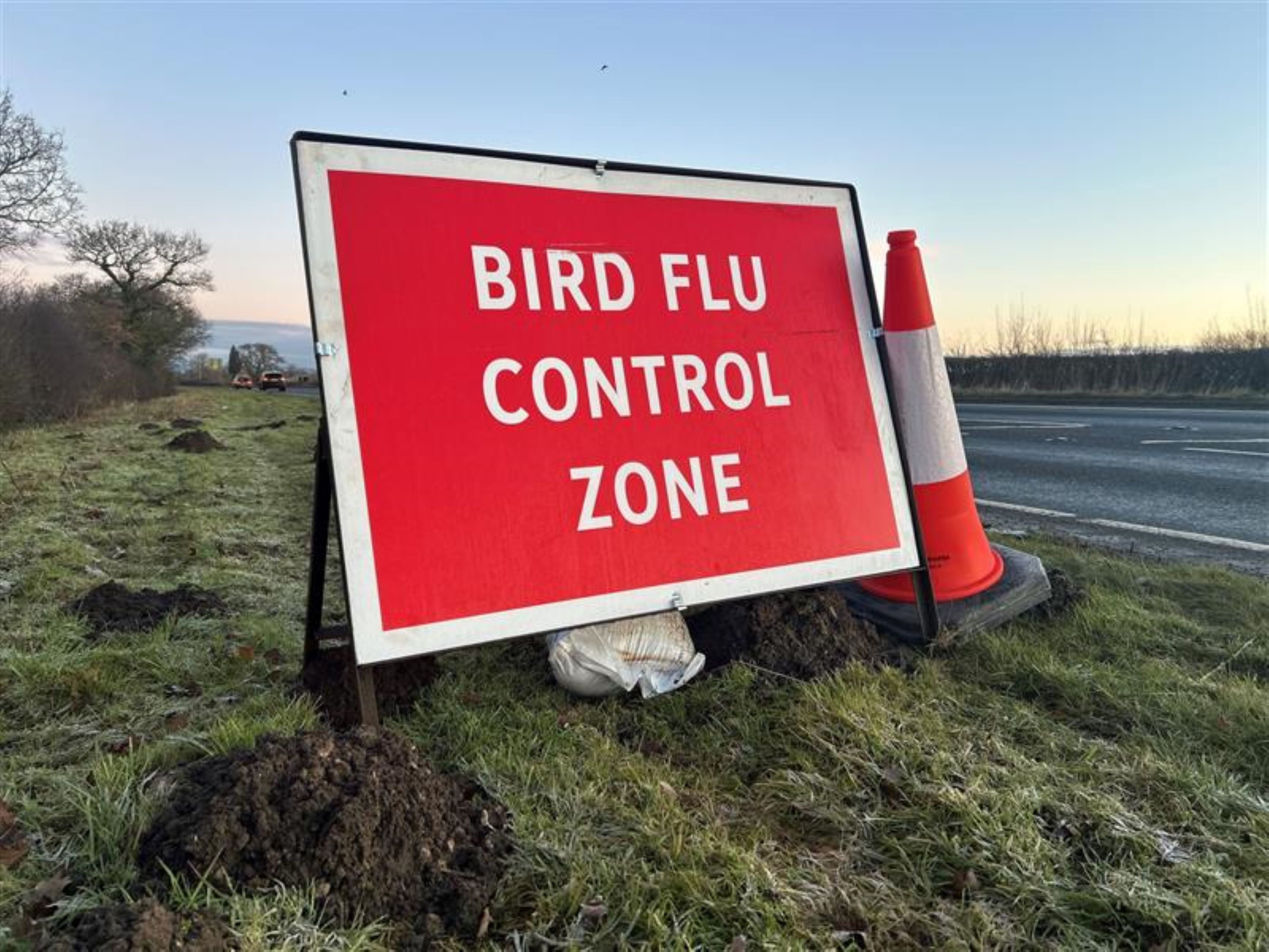
Bird keepers across North Yorkshire are being urged to help prevent the spread of avian influenza after three cases were confirmed in the county.
Sites in Hackforth, near Bedale, Tholthorpe, near Easingwold, and Knayton, near Thirsk, have been affected by the disease since the start of October.
The outbreaks have had a serious impact on poultry farms, with culls carried out and strict biosecurity measures enforced.
The virus, which spreads from wild birds to domestic flocks, tends to surge in the colder months due to migratory patterns, putting the county’s farming sector, and particularly its commercial operations, at increased risk.
In response to the outbreaks, we have activated our Notifiable Disease Action Plan.
The Animal and Plant Health Agency (APHA) is managing infected sites, carrying out culls and deep cleans, while the council’s animal health officers are working with local communities to ensure compliance with control zone requirements.
Executive member for managing our environment, Cllr Richard Foster, said: “Control zones are now in place around the affected sites, and it’s vital that bird keepers understand and follow the requirements within these areas.
“Compliance is essential to protect both commercial and backyard flocks and to support the wider disease control effort.”
Residents will notice road signs and public information posters marking bird flu control zones.
Cllr Foster said: “These are in place to inform bird keepers of their responsibilities. I urge all keepers to stay alert for signs of disease and to maintain the highest standards of biosecurity to protect their birds and prevent further spread.”
Disease control zones require bird keepers to follow strict biosecurity rules, maintain records of any poultry egg transportation, not organise or attend bird gatherings and keep any birds housed.
In addition to local control zones, Great Britain remains under an Avian Influenza Prevention Zone (AIPZ), requiring bird keepers to follow strict biosecurity rules. From today (6 November) mandatory housing will apply across England for anyone keeping 50 or more birds, or any number of poultry kept for the purposes of selling or distributing eggs, poultry products or live birds.
If people keep fewer than 50 birds and their eggs or poultry products are for personal use, they are not required to be housed. However, strict biosecurity measures still apply. See the government's advice on bird flu. Information is also available on our animal notifiable infectious diseases page.
The risk to public health from the virus is very low, and properly cooked poultry and poultry products, including eggs, are safe to eat.
However, it is important that people do not pick up sick or dead birds.
Members of the public can report dead wild waterfowl, such as swans, geese, ducks, or other birds such as gulls and birds of prey to Defra or on 03459 33 55 77.